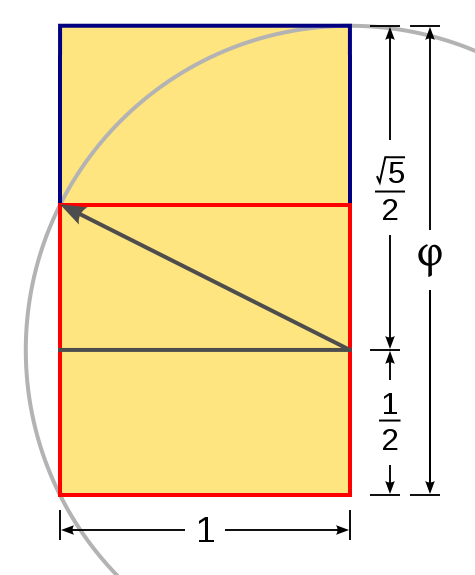 To borrow from The Goons, “listeners who are listening…” will know that I get a little wound up about the phrase “ethical business”. Ethics, I say, shouldn’t come into it because that’s a cultural issue and business is all about the technical management of money.
To borrow from The Goons, “listeners who are listening…” will know that I get a little wound up about the phrase “ethical business”. Ethics, I say, shouldn’t come into it because that’s a cultural issue and business is all about the technical management of money.
Hence my preference for sustainability: it simply widens the scope of technical accounting from money to other things. Academically this is also a moral stance, but then so I guess is the expectation that a business should generate profits.
However, here’s a third strand of how business should address their impacts, courtesy of the National Trust and renowned professor of philosophy at the University of London, AC Grayling.
In the summer issue of National Trust’s magazine, AC Grayling talks about the need for beauty. Sadly it’s not published online, otherwise I’d provide a link to it.
The thrust of the whole thing is that “things” should not just be useful tools or beautiful ornaments .. they should be a combination of both. A beautiful tool which is really useful.
This is by no means a new concept. Beauty over execution was a major part of John Ruskin’s criticism of the Classical tradition in art, leading almost directly to William Morris’ famous quote “have nothing in your houses which you do not know to be useful or believe to be beautiful”.
Now, as I just said, I favour (or is that now favoured?) the idea of companies which are regulated solely by technical measurements. However do we really want companies which are just utilitarian and not, in some way, beautiful? What is a beautiful company anyway?
It is not, I venture to say, one which practices either CSR or Sustainability. Both of these are based upon measurement and can therefore be thought of recasting a businesses to utility rather than enhancing its beauty. Nor is it anything to do with marketing a particular image of the business.
The key thing about beauty, I guess, is that it cannot be measured or formulated. The Ancient Greeks had a system whereby they measured a person’s beauty defined by how close certain measurements of their body were to a ratio of the circumference of their wrist. Sounds more utilitarian than beautiful: a mathematician who’s had a few too many reefers perhaps.
Similarly, although the Golden Section is a wonderful and fascinating thing both art and music which is based solely upon it always looks (and sounds) just a little bit unnatural and forced.
Recently the UK government has announced figures about the financial value of nature.
Why? Why do we need a financial value on nature? So we can measure it? Why do we need to measure it? So we can work out how much we can get away with destroying?
Why not just recognise that the natural ecology of this planet supports us and all other forms of life. We don’t need to measure it, nor do we need to preserve it in aspic. We simply need to do no harm, that’s all.
So, perhaps in the rush to generate measurable, tangible and utilitarian outcomes from our businesses, we’ve forgotten all about beauty. Perhaps we ought to step beyond measurable outcomes and impact assessments, and consider the aesthetics of how we make money and accept that not everything can be measured and that there is a place in business for beauty.
What do you think?
A former CTO, Chris has a broad and varied background. He’s been involved with blue chips, consultancies & SMEs across a wide variety of sectors and has worked in Europe, the Middle East and Australia.
In 2007 he decided to combine his knowledge of business and IT with his passion for all things sustainable and has been busy writing ever since. However, his greatest ambition remains to brew the perfect cup of coffee.